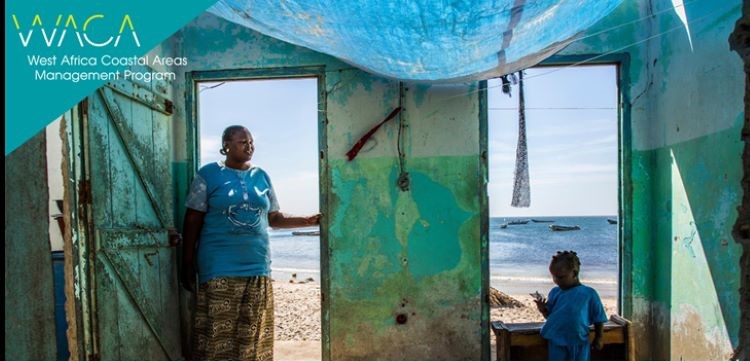The Diplomat
The Alternativas Foundation has warned that the EU cannot continue to always expect “the help of the transatlantic ally every time it needs it” and must aspire to become an “actor of greater weight” with the capacity to address “transnational challenges that threaten the security of its populations.”
The Alternativas Foundation organized this Thursday the on-line presentation of the document The EU in the strategic competition between the great powers: transatlantic relations, prepared by the researcher Rocío Vales, from the Pablo de Olavide University. Also participating in the debate were Inma Ballesteros, director of the Culture and Communication Observatory of the Alternativas Foundation; Vicente Palacio, director of the Foreign Policy Observatory of the Alternativas Foundation; and Ainara García, member of the CFEME Youth and graduate in Sociology and International Relations.
According to the report, “the time has come for the EU to stop waiting for its transatlantic ally to come to its aid whenever it needs it”, because, as has become clear, US interests are currently focused on “other issues and regions” and the EU must be “fully aware” of this “neglect”. Therefore, he warns, although the invasion of Ukraine has led to a “revitalization of US leadership of NATO”, the main US attention is “focused on China”.
Apart from this, the EU should also bear in mind that the current “redistribution of power” in the international scenario entails a consequent decrease in the relative power of the hegemonic power par excellence, the United States, with the consequent “readjustment of US interests” and the reduction of the capabilities of this country to unilaterally face the challenges of the present century, especially the attack of “revisionist powers” that seek to reverse the liberal international order led by the US and the EU.
For this reason, and in the current scenario of reduction of US capabilities, Europe must “step forward” and contribute “with the weight of the burden” by strengthening “the capabilities of the EU”, points out the work of Rocío Vales. In this context, within the framework of EU Strategic Compass and NATO’s Strategic Concept and with the precedent of the EU’s unified response to the invasion of Ukraine, it is necessary to “convince the Member States that the project of political and economic union on which they embarked also needs a more autonomous defensive dimension” and that strategic autonomy (in this case in its security and defense dimension, the most “relevant and conflictive”) necessarily constitutes the next step in European integration.
In sum, the study continues, the EU must aspire to become a “major player” that collaborates on an equal footing with the US in “defending the liberal international order and addressing transnational challenges that threaten the security of its populations.” “Power is no longer in the West alone” and, therefore, the pertinent thing to do is to “join hands” with the US “and face together the challenges of the present century,” he continues. The invasion of Ukraine has highlighted the unity of the West and the leadership of the US and therefore, the report concludes, it is necessary to strengthen the transatlantic link by “emphasizing its political component” and giving it a more global slant.







